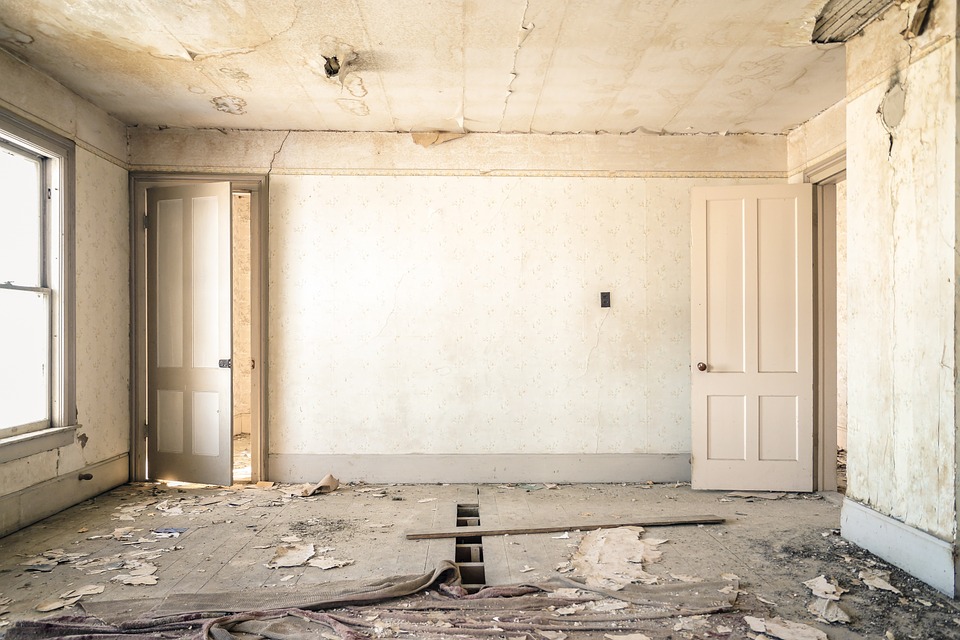Different Landlords have different ways of collecting rent. If you are trying to decide the best way to do it, you must first know the most common rental payment methods used. Some Landlords consider their Tenants’ personal financial abilities and circumstances.
Basic Rent Collection Methods
The following are the most basic methods used by Landlords in collecting rent.
Cash – This may not be the most ideal way to collect rent, but some Tenants are comfortable paying cash. This is a good method is you live near the rented place, because it is easy for you to collect the payment monthly. If you live far away, you can ask your cash paying tenants to deposit their monthly rents to your bank account. The advantage of collecting cash and in person is that you get to see and check the property on a regular basis.
Standing Order – This is considered by many Landlords as the most reliable rent collection method. It is easy to set up and eliminates the need to be constantly worried about getting paid on time. Just to be clear, a Standing Order is different from a Direct Debit. If this is the agreed payment method, your Tenant should set it up with their bank. With the advent of the Internet, this is an easy task to do these days. With this payment scheme, your Tenant informs their bank that they should pay you on a fixed date with a fixed amount. This gives you the freedom to just sit there and wait for the payment to go through.
Direct Debit – This is another non-personal payment method, and it is mostly used by companies or organisations renting commercial properties. If your Tenant prefers this method, then you should know that they should also be the one to set it up. The difference between Standing Order and Direct Debit is that in the latter option, your Tenant tells their bank to let you take money from their account on a monthly basis. Before you agree to this method though, you need to get in touch with your bank first. You should find out the appropriate steps you need to take.
Cheque – This is old school, but it is still being used. Sometimes, there are just some Tenants who will not let this method go. So, if your Tenant wants to pay through cheque, you need to know how to go about this the best and the most beneficial way for you. You will receive the cheque through mail or via a letting agent. Then you need to deposit it in your bank account. That means waiting three to five days of clearance time before you can finally enjoy the money. In some cases, Landlords ask their Tenants to provide them with a year’s supply of post-dated cheques so that there will be no need for monthly cheque mailing.
Of the detailed options provided, it looks like a Standing Order is the best option, followed by Cash payment. So, you should consider these two methods as they are the ones that offer the best benefits for you.

